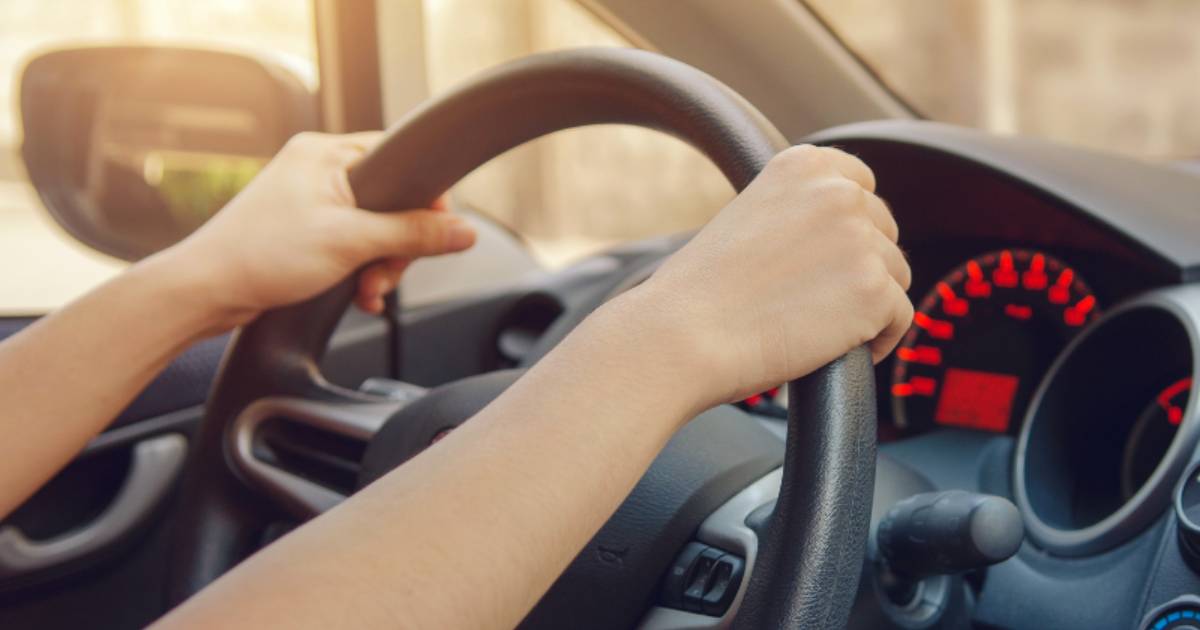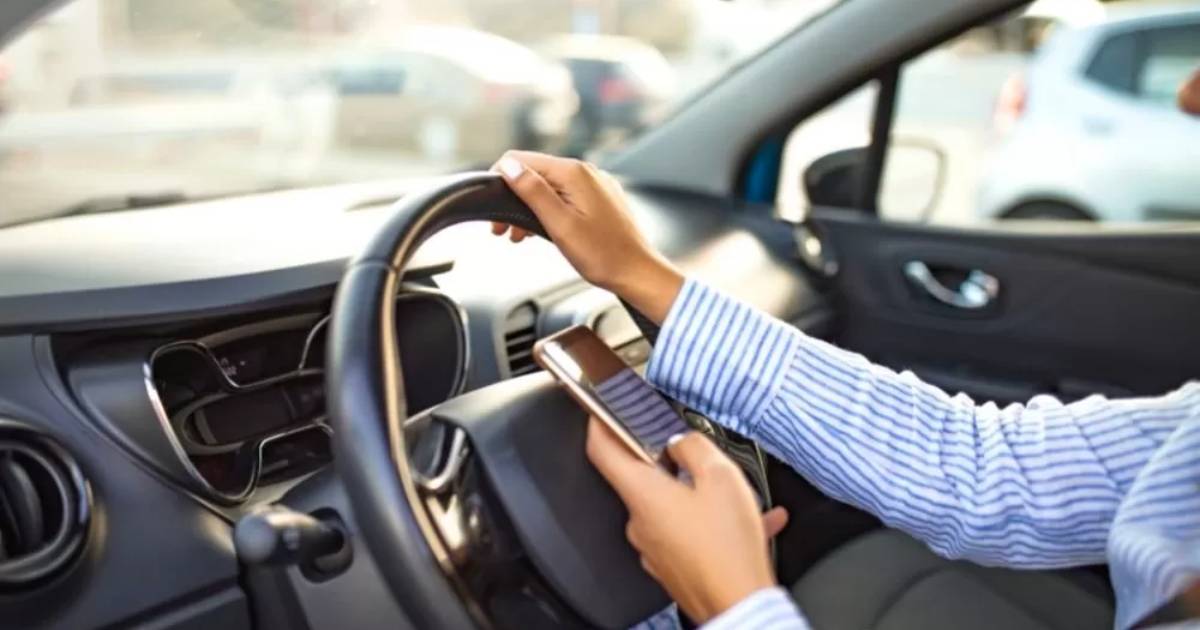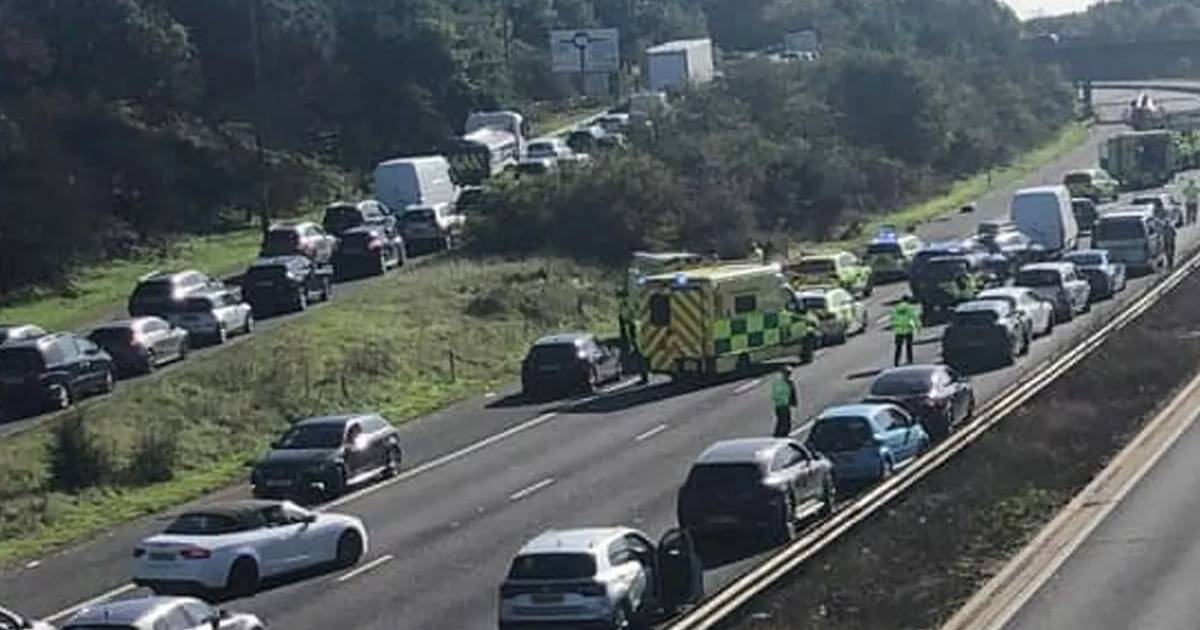Rollover car accidents are among the most dangerous types of vehicle accidents often resulting in severe injuries or even death. A car that flips over onto its side or roof is the cause of these incidents, which pose a danger of injury to the passengers. Taking steps to avoid them and being aware of the primary causes of rollover accidents can greatly lower the probability of being in one of these accidents.
Causes of Rollover Accidents
Driver Losing Control
The primary cause of rollover accidents is the driver losing control of the vehicle. This can happen for various reasons including falling asleep at the wheel, being distracted by a phone or other passengers, or striking an obstacle. When the vehicle's center of gravity is thrown off balance combined with the forward momentum it may result in the vehicle rolling over onto its side or roof. Factors such as excessive speed, poor road conditions, and mechanical failures can also contribute to the loss of control making it critical for drivers to remain careful and maintain their vehicles properly.

Careless Driving
Careless driving behaviors such as excessive speeding and making sharp turns at high speeds can lead to a vehicle flipping over. Trucks, vans, and vehicles carrying heavy loads are particularly easily affected by rollovers due to their higher center of gravity and increased instability. Aggressive driving practices not only injure the driver but also other road users making it essential to have safe driving principles and respect traffic laws.

Multi-Vehicle Accidents
While many rollover crashes are single-vehicle accidents caused by the driver losing control, multi-vehicle collisions can also result in rollovers. For example, if one car hits another on the side with enough force it can push the struck vehicle over or it may be sent into a guardrail on the side of the road, causing it to flip.

Preventing Rollover Accidents
Stay Calm
Investigations into rollover accidents have revealed that several of the drivers involved were impaired by drugs or alcohol. Driving while drunk affects one's ability to maintain control of the vehicle and react to other drivers and road conditions. In addition to lowering judgment and reaction times, damaged driving significantly increases the danger of losing control and causing a rollover collision.
Recognize the Limitations of Your Car
Vehicles that are subject to rollovers range in their sensitivity. For example, pickup trucks, vans, and SUVs have a greater center of gravity than cars or coupes, which increases their risk of rolling over. Driving more safely can be achieved by being aware of the limits and handling qualities of your car. To prevent rollover incidents you must become familiar with the unique characteristics of your vehicle, including how it handles sudden movements and quick turns.
Be Aware of Your Speed
One of the main causes of rollover accidents is speeding. Controlling the car can be more challenging at high speeds, particularly when turning or navigating curves. The chance of a rollover can be decreased by following posted speed limits and modifying your speed according to the road and weather conditions. Speeding is an important component to control for safe driving since it not only reduces the time available to respond to unexpected events but also increases the force of impact in the event of a collision.
Stay Focused on the Road
Using a phone, eating, or playing with the radio are examples of distractions that can cause a driver to lose control and raise the possibility of a rollover. You can maintain control of your car by focusing entirely on the road and avoiding distractions. Avoid all activities that distract your attention from driving because even a brief distraction might have negative effects.
What to Do If Involved in a Rollover Accident
Call for Help
Make an emergency service call immediately to get help. Police officers and medical professionals are capable of securing the area and providing the required medical care. To guarantee a quick and effective reaction it is critical to maintain calmness and give the responders accurate details.
Get Medical Help
It is important to see a medical professional for a checkup even if you feel well. Certain injuries might not show up right away. After a rollover accident, it is critical to have a complete medical check because internal injuries and headaches might have delayed symptoms.
Document the Scene
Take pictures of the accident scene, indicating the positions of the cars, any skid marks, and the state of the road, if it is safe to do so. Legal actions and insurance claims can benefit from this knowledge. Reconstructing the accident's sequence of events and determining responsibility can be helped by collecting evidence on the spot.
Contact a Lawyer
If you believe the rollover accident was caused by another party's carelessness or a vehicle defect consider consulting with an attorney who specializes in car accident cases. They can be able to assist you in understanding your choices and rights in regards to obtaining payments and compensation for your injuries. A skilled lawyer can handle the many legal issues in your case and make sure you get just compensation for your damages.
Rollover accidents are serious and can result in damaging effects for those involved. By understanding the common causes of these crashes and taking steps to prevent them drivers can reduce their risk of experiencing a rollover accident. Staying alert driving responsibly and being prepared in the event of an accident can help ensure your safety on the road. If you do find yourself in a rollover accident it is important to prioritize your safety, search medical attention, and consider legal assistance to protect your rights and interests.

